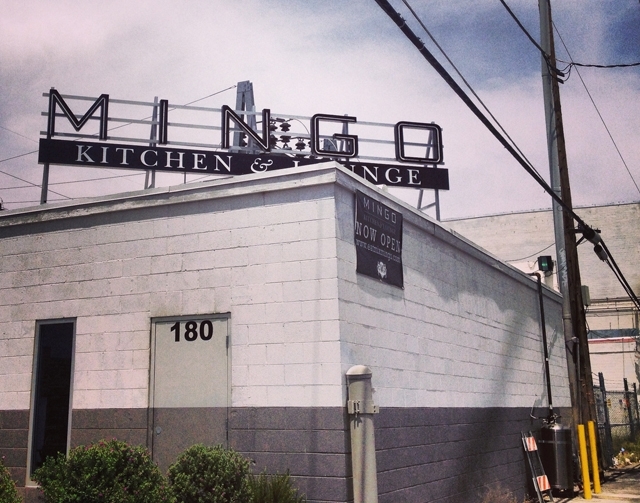Old downtown buildings exempt from newer energy codes

Drafty old buildings in downtown Las Vegas wouldn’t need to meet modern energy codes under a proposal the city council approved Wednesday.
The council voted 4-3 in favor of the measure that would make an exception to the 2009 International Energy Conservation Code for buildings that predate the standards.
Proponents of the bill, including sponsor Ward 2 Councilman Bob Beers, say the exception is necessary because it can cost too much money to bring old buildings up to the latest energy efficiency standards.
“These energy codes have nothing to do with health and safety,” said Mayor Pro Tem Stavros Anthony who voted in favor of the exemptions.
The vote in favor of the exception came despite testimony from several witnesses, including architects and engineers, who said the city would be taking a step backward by allowing property owners to renovate buildings to a lower standard.
They said not only would the exemptions result in energy loss, it could make businesses less competitive by driving up the cost of utility bills.
Montez Love, a mechanical engineer who owns Love Engineering, said the exception could allow building owners to install substandard energy features and pass along higher utility costs to the tenants.
“The tenant is going to be paying for that and he will have much, much higher overhead than anybody else,” Love said.
Henderson architect Denise Cook said in recent years energy code upgrades throughout Southern Nevada have helped keep design professionals employed during tough times and should be maintained.
“Without the IECC code requirements and the movement of this community toward energy efficiency I would not have a job today,” she said.
Jennifer Turchin, president of the Nevada chapter of the U.S. Green Building Council, urged the council to vote against the proposal in order to keep energy code uniform throughout Southern Nevada.
“We don’t have to worry about telling someone who wants to develop a project it is different from one jurisdiction to another,” she said.
But Turchin’s testimony was overshadowed by a frosty exchange with Ward 3 Councilman Bob Coffin, who criticized her for circulating a letter accusing Beers of standing to gain financially from the exceptions.
Beers is a business partner with restaurant owner George Harris in Mundo, a restaurant in the World Market Center. Harris, but not Beers, is also owner of Mingo’s Kitchen & Lounge, which was recently opened in a renovated warehouse space.
Harris had to spend about $30,000 to comply with the code regarding insulated walls despite the fact Mingo’s has a large, indoor-outdoor bar that exposes an entire side of the restaurant to the open air.
Coffin criticized Turchin for making the accusation.
“Your credibility is at stake if you make charges that are a little out of bounds,” Coffin said. Turchin tried to respond, but Coffin cut the exchange short saying, “You are digging a hole and you better stop digging.”
Beers noted that opposition came from building and design professionals and consultants who make money charging clients for the expertise needed to comply with complicated codes.
Coffin, Beers, Anthony and Mayor Carolyn Goodman voted in favor of the proposal. Councilwoman Lois Tarkanian, Councilman Ricki Barlow and Councilman Steve Ross voted against the exemption.
Whether or not the exemptions stand remains to be seen. The state attorney general’s office has said state law requires local governments to maintain standards at least as stringent as those of the State Energy Office, which has adopted the 2009 code.
City Attorney Bradley Jerbic said there is room in the law for governments to make minor changes.
Contact reporter Benjamin Spillman at bspillman@reviewjournal.com or 702-383-0285 .












